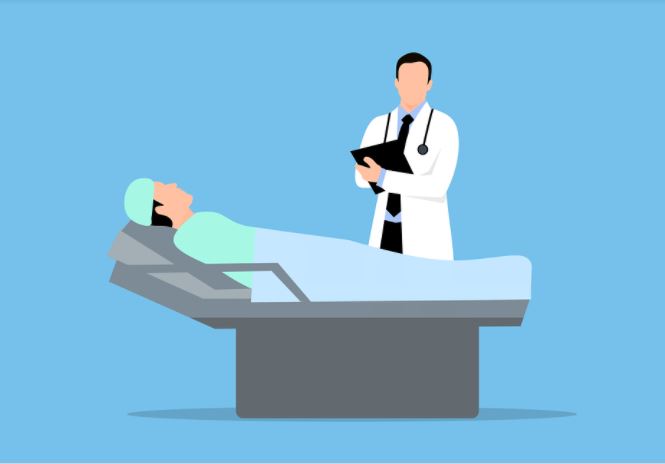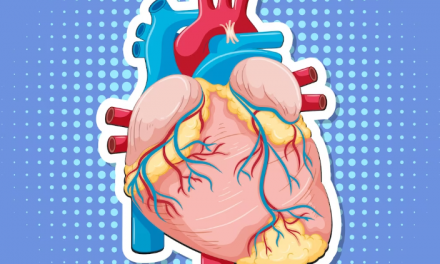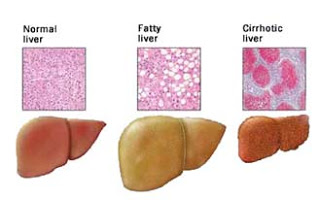As the coronavirus pandemic continues, we are learning that long term symptoms and health consequences of COVID-19, called ‘Long COVID‘, are unfortunately very common. People with elevated body weight are at a higher risk of having severe COVID infection. Are people with higher body weight also at higher risk of Long COVID?
A study retrospectively analysed a patient registry within the Cleveland Clinic Health system, of 2,839 patients who tested positive for COVID, excluding patients who were admitted to ICU. Starting from 30 days after the positive test, they looked at hospital admissions, deaths, and whether any diagnostic tests were done, amongst patients with body mass index (BMI) in the ‘healthy’ range of 18.5-24.9, vs ‘overweight’ (BMI 25-29.9), vs class I obesity (BMI 30-34.9), vs class II obesity (BMI 35-39.9), vs class III obesity (BMI >=40).
After a median follow up time of 8 months, and counting from 30 days after a positive COVID test, they found that :
- Overall, 44% of patients required admission to hospital, and 1% died.
- Hospital admission rates were 28% higher in people with class II obesity, and 30% higher with class III obesity , compared to people in the ‘healthy’ BMI range.
- Rates of ordering diagnostic tests (suggesting that a health issue is going on) were 25% higher with class II obesity, and 39% higher with class III obesity, compared with people in the ‘healthy’ BMI range. There was a higher rate of each of cardiac (heart), vascular, pulmonary (lung), gastrointestinal, and mental health related testing.
- Death rates were not significantly different amongst the different BMI groups.
The higher risk of long COVID in people with obesity, as suggested by this study, is likely related to the mechanisms that put people with elevated body weight at higher risk of more severe COVID infection as well. This includes obesity-related inflammation, the presence of other obesity-related health issues, and immune dysfunction. It should be noted that the reasons for hospitalization and diagnostic testing are not available in this database study, and could be related to non COVID issues. It would have been of value for the authors to compare hospitalization and diagnostic test rates across BMI categories in people without COVID as well, to really understand the impact of having had COVID infection on these parameters. However, the fact that 44% of all people who had COVID-19 infection required hospitalization between 1-9 months after infection strongly suggests that much of the hospitalizations and diagnostic testing were likely related to long COVID symptoms.
BOTTOM LINE: The risk and impact of long COVID is profound for people of all body shapes and sizes, with a distressing 44% of people in this US study requiring admission to hospital. This study suggests that people with moderate to severe obesity are at higher risk of long COVID, including a higher risk of needing admission to hospital.
Vaccination is the best way to prevent both acute COVID, and Long COVID complications.
Please – share this blog post using your favorite social media link below.
Follow me on twitter @drsuepedersen
www.drsue.ca © 2021












